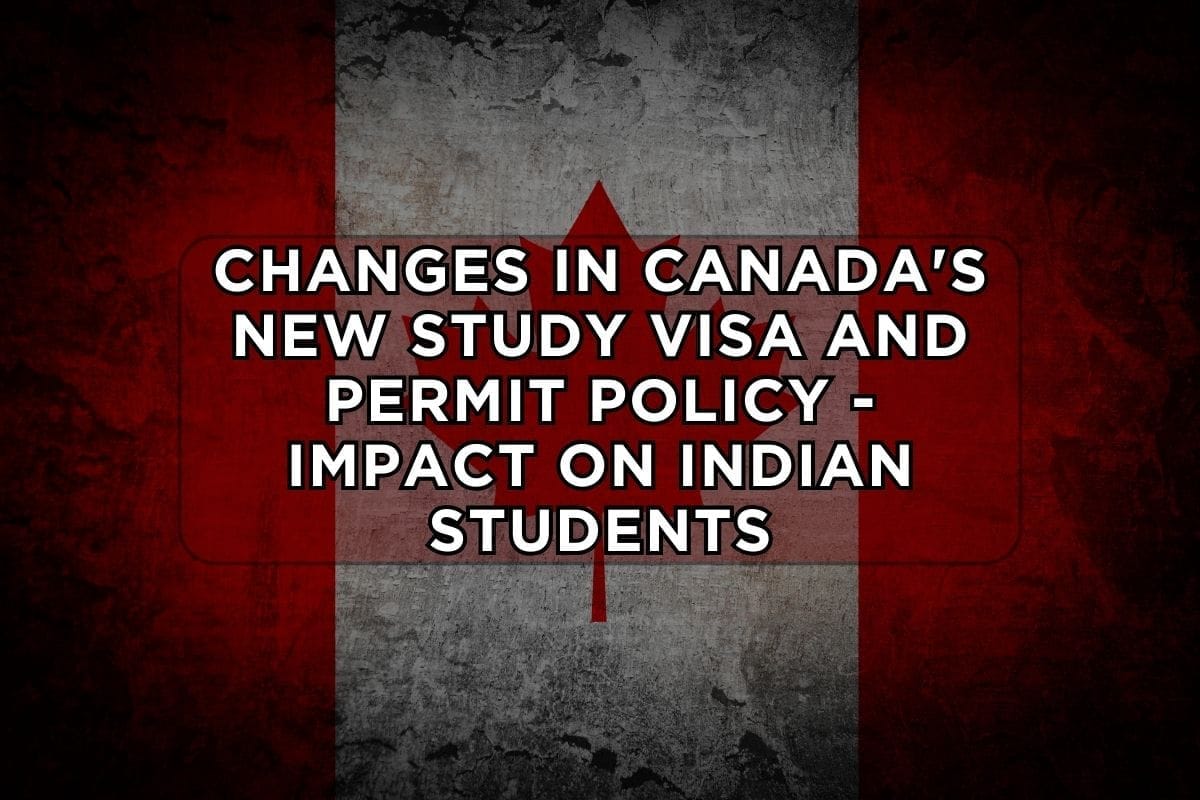
Canada has recently implemented a significant shift in its study permit policy, imposing limitations on the number of permits issued to new international students for the academic year 2024-25. This move is aimed at ensuring a sustainable and measured intake of students, marking a 35% reduction from the 2023 levels.
Provincial Allocation
Under this new policy, the allocation of study permits will be rationed among provinces. Provinces will, in turn, distribute permits to educational institutions based on their regional absorption capacities. This strategy is designed to manage the impact of international students across the country.
Annual Assessment
The student visa numbers for 2025 will be determined annually, allowing for evidence-based adjustments. This cap is not permanent and applies solely to new applicants, ensuring that existing international students are not affected by these changes.
Tightening Post-Study Work Permits
Starting September, Canada will cease issuing post-graduation work permits to students enrolled in public-private programs lacking stringent quality oversight. This measure is intended to filter out disreputable institutions and safeguard the labor market.
Spousal Work Rights
Moreover, spouses of students will only receive open work rights if the principal applicant is pursuing master’s or doctoral programs. This adjustment aims to protect against potential exploitation and ensure the integrity of the labor market.
Impact on Indian Applicants
Given that India sends the highest number of students to Canada annually, the reduced visa quota will notably impact Indian applicants. Canada, already a top destination for Indian students, is adjusting policies to manage the surge in international student numbers.
Canada’s Immigration Minister justifies these changes as necessary to manage the growth of international students, particularly in communities with resource constraints. Concerns about poor living conditions and predatory environments for some students have prompted these adjustments.
Comprehensive Policy Measures
In addition to changes in study permits, Canada has been implementing measures to tighten rules for temporary foreign workers. Recent adjustments, including doubling the mandatory funds requirement, aim to align temporary migration policies with domestic labor market realities.
While Canada remains committed to humanitarian values, it recognizes the importance of controlling immigration flows. The balancing act involves curbing expedited pathways for student settlement while still attracting top global talent.
The newly elected government in Canada emphasizes its commitment to seeking inputs from immigrant advocacy groups, educational bodies, and provincial administrations. Stakeholder consultations will play a crucial role in refining Canada’s 2025 student visa approach, ensuring a collaborative and inclusive decision-making process.







